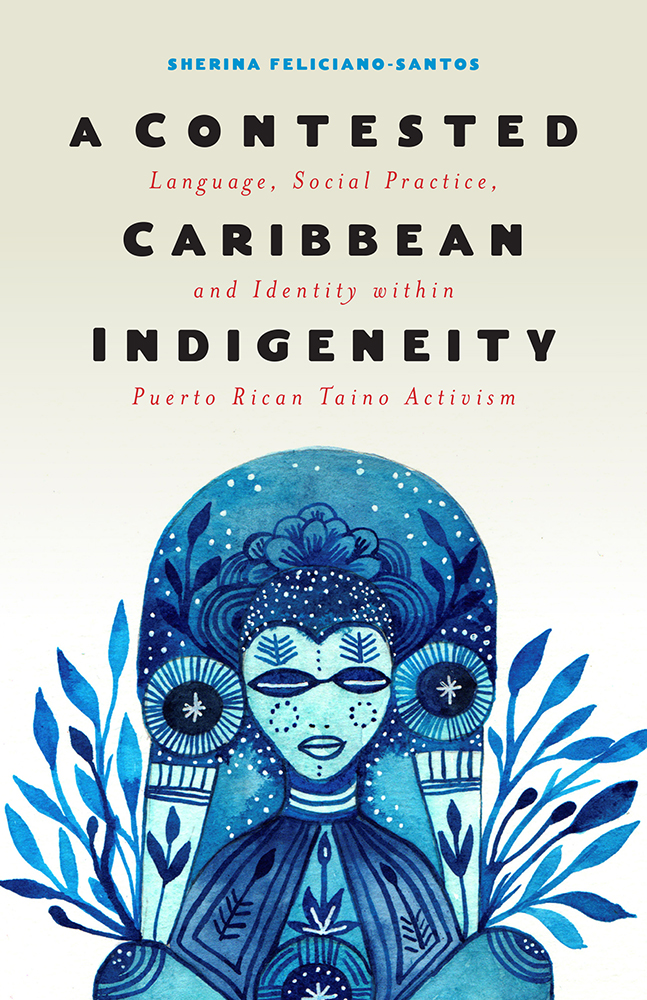Being neither a linguistic anthropologist, nor someone well-versed in scholarship on indigeneity or the Caribbean, generally, I was delighted to emerge from this book much more knowledgeable about each of these subjects. Dr. Feliciano-Santos’s style is accessible and a pleasure to read. Her discussion of her interview process reads like a novel. Her exploration of Taino-Boricua indigenous identity—its history, erasure, modern manifestations, activism, education, and acceptance—is as riveting as a search for treasure. The subject of who is india and what that means is also personal to the author snd her family, which adds another dimension to her exploration and makes this book the richer for it. I highly recommend this book! I look forward to her next book.

